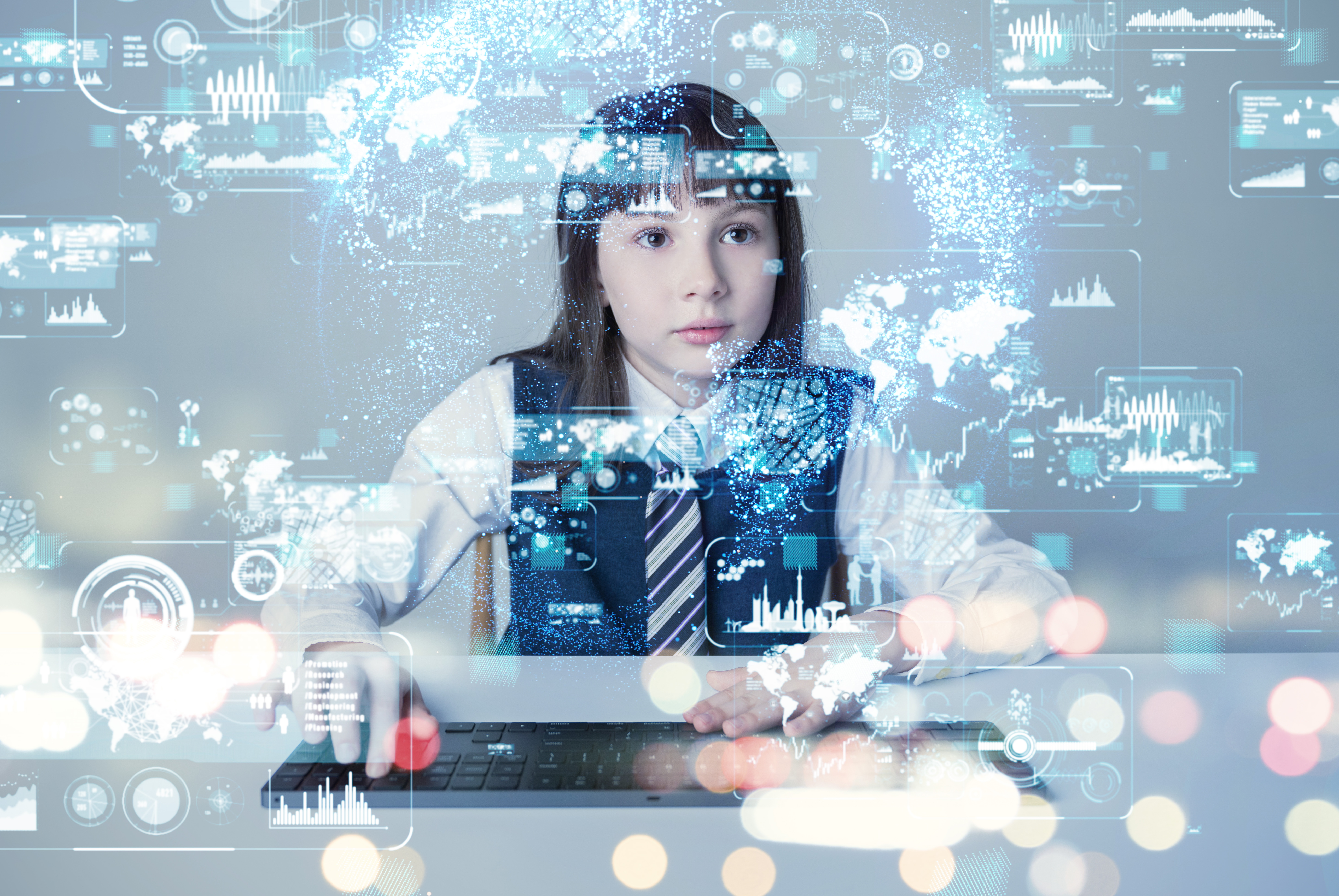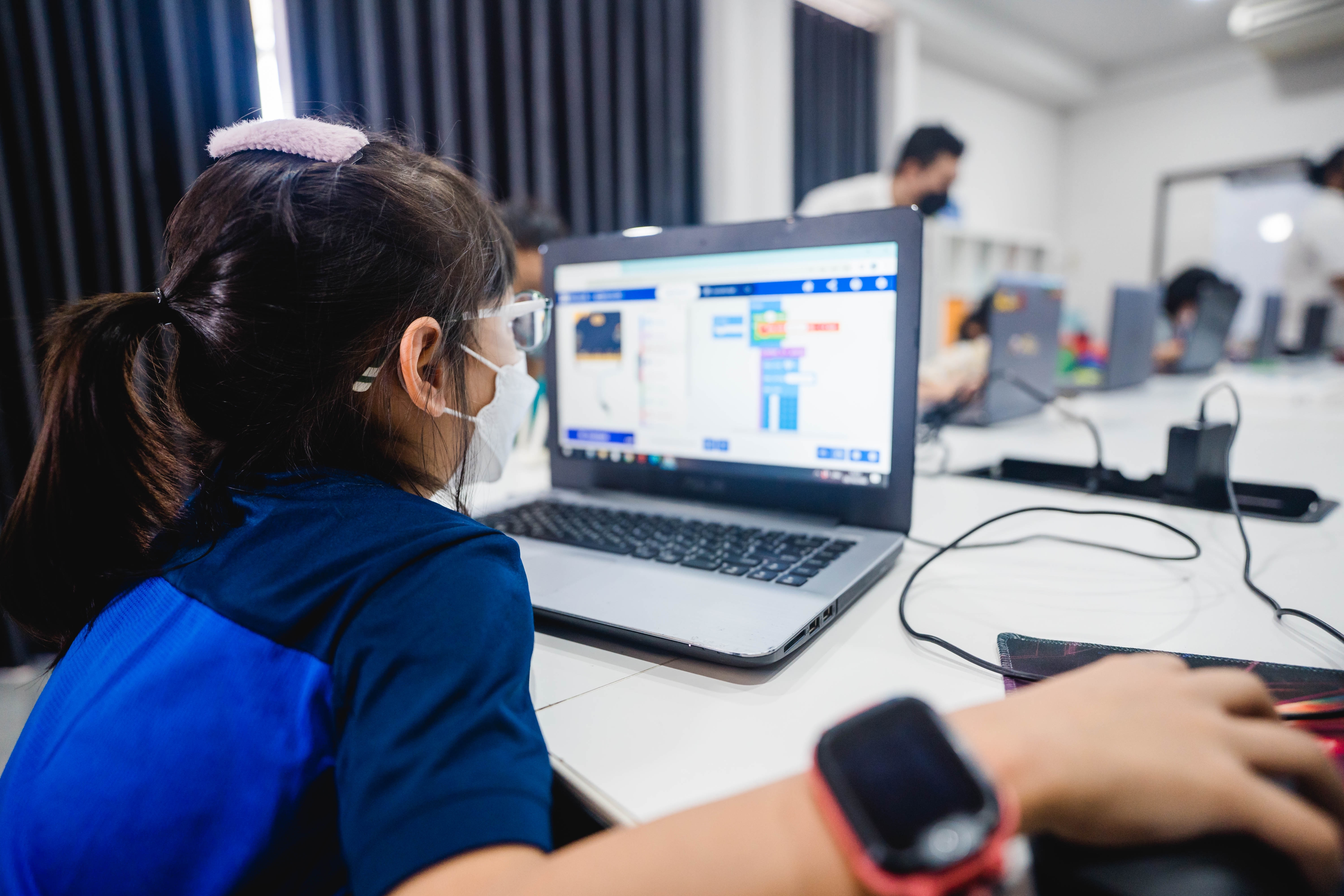Russia Reboots Education With AI: A New Model Emerges

Artificial intelligence is no longer just a buzzword in Russian education—it’s becoming a structural force, reshaping how students learn and how educators teach. While much of the global conversation on AI in schools focuses on potential risks, Russia is leaning in, embracing AI as a long-term strategy to modernize learning, reduce inequality, and empower both teachers and students.
According to a joint report by the Higher School of Economics (HSE) and Yandex, nearly 60% of Russian educators are already using AI tools to grade assignments, develop instructional materials, and track student progress. That number is growing fast.
AI That Understands Students—and Teachers
One of the standout successes is Yandex Textbook, a platform that uses machine learning to tailor assignments to each student’s current level. The system evaluates individual strengths and weaknesses, then adjusts tasks in real time, giving learners just the right amount of challenge. For classrooms with mixed ability levels—a common challenge worldwide—this personalized approach has been transformative.
AI is also taking on grading duties. Several pilot programs in Russian schools are using AI systems to assess essays and written work. These tools reduce teacher workload while boosting objectivity in scoring. Trained on large datasets that include model answers and expert feedback, the AI delivers remarkably accurate assessments. And the momentum is growing: Russia plans to roll out nationwide AI-powered homework assessment by 2030.

From Personalized Learning to Intelligent Campuses
Russia’s top universities are going all-in on AI. Institutions like HSE and ITMO University are not only incorporating AI into teaching—they’re developing the next generation of AI-powered educational platforms. These include adaptive online courses that adjust based on student progress and AI assistants that help learners choose courses, access supplemental materials, and build schedules based on their interests and performance gaps.
Moscow City University of Pedagogics (MGPU) made headlines as the first to formally permit students to use AI tools in academic work. Meanwhile, Ural State Mining University is preparing to integrate AI into its broader campus management systems.
Educators are also benefiting. AI-powered assistant systems now help teachers prepare lectures, design quizzes, track classroom performance, and even monitor students’ emotional well-being. This frees up instructors to focus on what really matters—creativity, connection, and curriculum design.
One example: based on test results, the AI might suggest a group review session or flag specific students who need individual attention. In essence, the system becomes a second pair of eyes for every teacher.
Training the Humans Too
Russia isn’t just throwing tech at the problem—it’s investing in people. Across the country, training programs are teaching students and faculty how to use AI effectively. From basic digital literacy to deep dives into how neural networks function, the goal is to democratize access to AI and prevent digital divides.
“It’s not enough to have the technology,” says one HSE program director. “You need to give people the skills—and the confidence—to use it.”
A Long-Term Bet on Transformation
What’s striking about Russia’s approach is its long view. This isn’t about experimenting with flashy tools. It’s a national strategy aimed at building a more inclusive, efficient, and adaptable education system. And the world is taking notice.
Many countries are watching Russia as a case study in how government and private sector collaboration can fast-track digital transformation. In the race to integrate AI into education, Russia is now pacing alongside the world’s leading tech nations—not just adopting foreign innovations, but building its own.
In short, AI in Russian education isn’t a passing trend. It’s a deep rewrite of the system—a “reboot” that prioritizes personalization, accessibility, and human-centered learning. As the global education community looks for models to follow, Russia is making its case: intelligent transformation is possible, and it’s already happening.









































